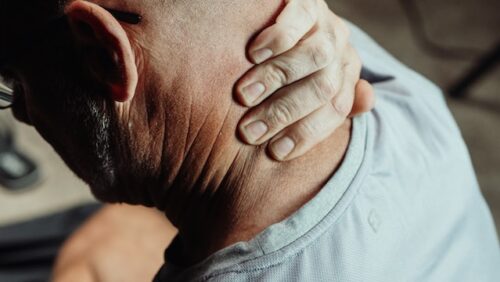
When visiting a friend or neighbor’s house, the last thing you expect on these visits is to sustain a life-altering injury from a slip and fall caused by dangerous conditions. However, these accidents can happen, so understanding your rights is essential to recovering the compensation you deserve. The following blog explores how these injuries occur and what you must know about finding the homeowner liable. Additionally, you’ll learn how Baltimore County slip and fall attorneys can help you during these challenging times to receive the justice you are entitled to.
How Does a Slip and Fall on a Residential Property Happen?
Unfortunately, there are a number of ways in which someone can slip and fall on private property. Though commonly associated with retail and commercial locations, these injuries can occur on residential properties. However, the root cause differs due to the drastic differences in property use.
In most instances, dangerous property conditions are to blame for injuries on private property. For example, you can sustain injuries in the following ways:
- Tripping over wires or debris left on walkways
- Tripping over tree roots raising sidewalks adjacent to the property
- Slipping on uncleared snow or ice
- Falling down broken stairs
- Falling down stairs due to code violations, such as being too steep or missing a handrail
Unfortunately, these accidents can cause a number of injuries, leaving you in pain with extensive medical bills accumulating.
How Can I Hold the Homeowner Liable for My Injuries?
Before proceeding with a lawsuit, it’s essential to understand that private property owners have different duties of care to different visitors.
For example, an invitee is someone who has reason to be on the property, such as a delivery driver dropping off a package or a plumber working on the home. In these instances, the property owner has a duty to alert those on the premises to the potential danger.
A licensee, on the other hand, is someone who enters the property as a guest of the homeowner, like a friend or family member. Homeowners must inform guests of hazards that are not clearly visible and take the necessary steps to remedy the unsafe conditions. The big difference between an invitee and a licensee is that homeowners must fix the hazard and warn of any that may not be clearly visible to guests.
It’s important to note that trespassers are owed no protection under Maryland law. Homeowners have no duty of care to protect those who are not welcome on their property.
If you want to hold the homeowner liable for the injuries you’ve endured, it’s critical to note that you must enlist the assistance of an experienced attorney. Unfortunately, premises liability claims in Maryland can be challenging to navigate, as it is a contributory negligence state. Essentially, this means if you are found responsible in any way for your injury, even 1%, you are barred from collecting compensation.
When hurt because of another party’s negligence, the Law Offices of Markey & Orsi can help. Our team understands how frustrating it can be to sustain an injury due to someone else’s failure to keep you safe. That’s why our firm is ready to assist you. Contact us today to learn how we can guide you.